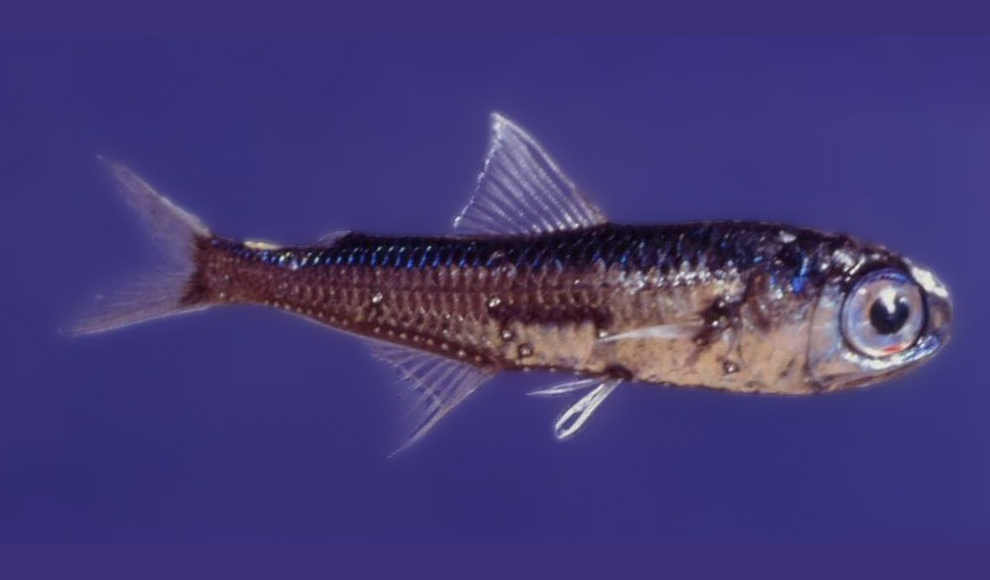The warming of the oceans has caused deep-sea fish to become significantly smaller, according to a study by the University of Vienna and the Institute of Marine Sciences (ICM-CSIC). The researchers analyzed 700,000 to 800,000-year-old fossils to reach this conclusion. The study, published in the Proceedings of the Royal Society B: Biological Sciences, found that the fish living in the twilight zone, 200 to 1,000 meters below the surface, have become smaller due to global warming. The scientists used tiny stones from the inner ear of bony fish, called otoliths, to identify the fish species and observe changes in their body size over glacial and interglacial periods.
The researchers discovered that during the interglacial period, the fish were 35% smaller when the global temperature rose by 4 degrees Celsius, which could happen again due to ocean warming. Previous studies have shown that fish in shallower waters could decrease in size by 14 to 24% by 2050. However, there have been few studies on the effects of climate change on deeper ocean layers, such as the twilight or mesopelagic zone, where fish play an essential role in marine ecosystems. Lanternfish, a group of small mesopelagic fish that represent more than half of the total fish biomass in the deep sea, are particularly important. They contribute to the stability of the ecosystem, reduce atmospheric carbon dioxide, and provide a significant food source for other organisms in the marine food chain.
The reduced size of lanternfish could endanger the food chain and destabilize the climate. These fish play a crucial role in the biological carbon pump, a natural process that reduces atmospheric carbon dioxide. Phytoplankton organisms absorb CO2 from the atmosphere through photosynthesis, and lanternfish transport large amounts of carbon from the surface to the depths of the ocean. The shrinking of mesopelagic fish could negatively impact the oceans’ ability to absorb atmospheric carbon dioxide, which is alarming news in the context of current climate change.










